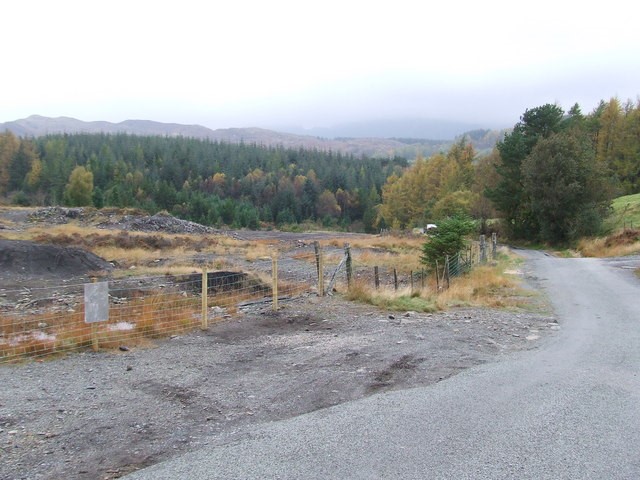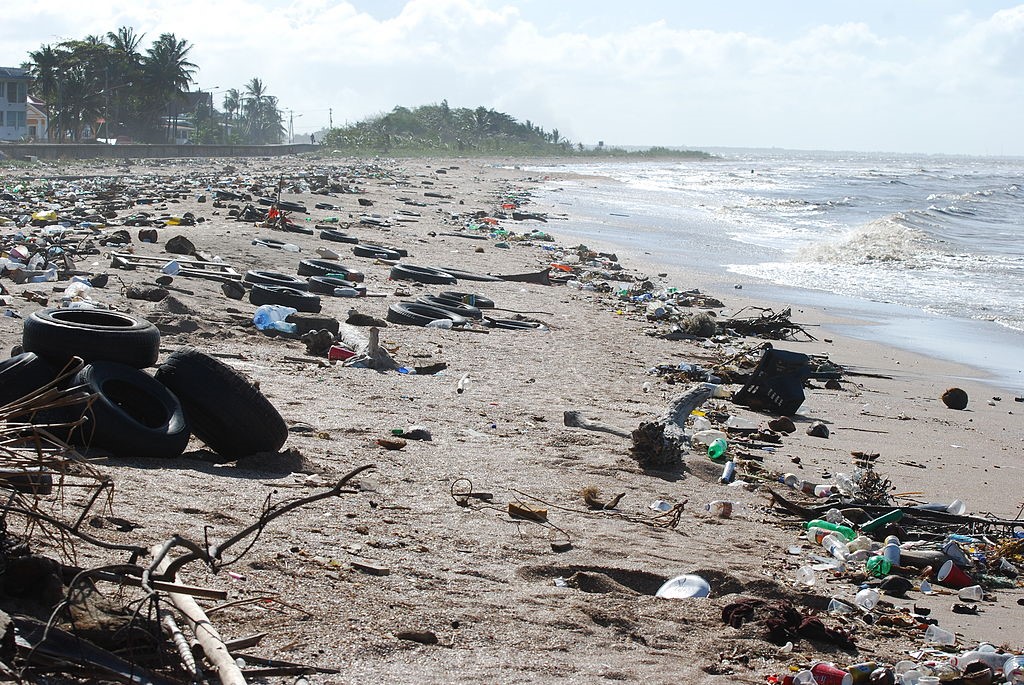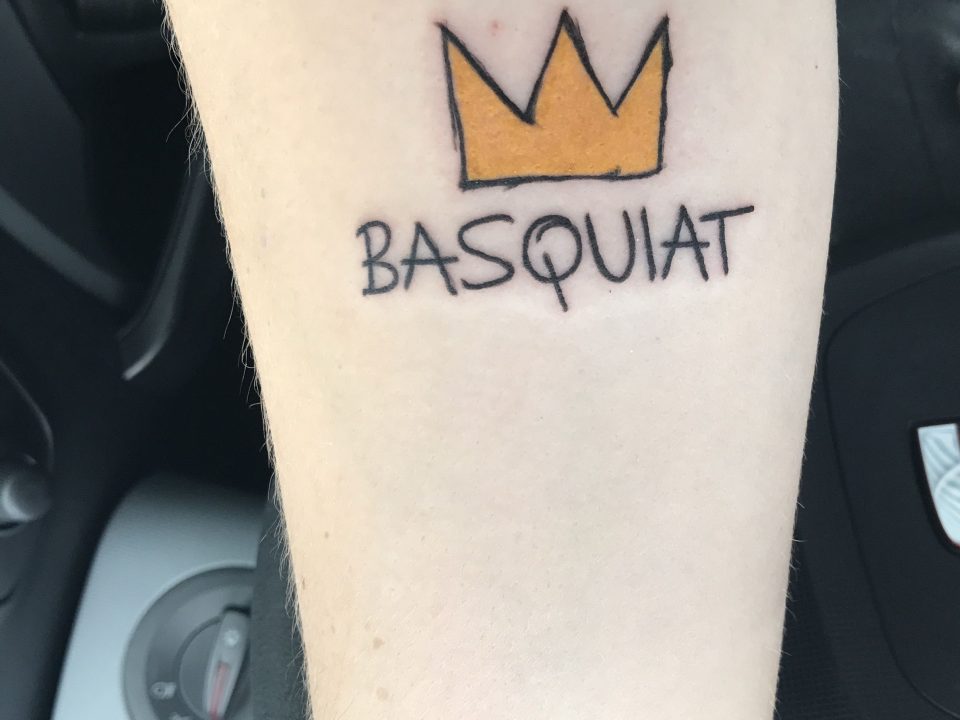Things to remember when choosing your wedding date
January 30, 2020
Magnus Carlsen net worth, girlfriend or wife, career in age, size and failures
February 10, 2020Contaminated land is caused by various factors, and without being effectively cleaned up, it can cause knock-on damage to surrounding ecosystems. Let’s look at some key things to know on this topic.
The Causes
Land pollution or contamination can arise through waste disposal or damaging industrial activities. Other issues are because of accidental substance spillage and illegal dumping. Sometimes natural sources contaminate land, such as heavy metals, fuels and oils. When the contamination is problematic and significant, the land must be cleaned to protect the environment and people.
The Environmental Protection Act 1990
This is a new piece of legislation that forces councils to be proactive in identifying land sites which are contaminated and unsuitable for current use. Land quality teams do this role and enforce regulations that force owners to clean the land.
Who Cleans Contaminated Land?
A land remediation company will do this job using specialist and bespoke techniques and technologies. Find out more about this at https://soilfix.co.uk/services/groundwater-soil-remediation-services.
Image Credit
What Is Brownfield Land?
It isn’t necessarily contaminated land, as the term is used to describe land which has been developed at a previous stage, usually for industrial purposes. This doesn’t mean that it will be classed as contaminated under the EPA, although it is likely to have some degree of contamination.
How Long Do Remedial Works Take?
When councils progress investigations into the condition of the land, this can take some time and be difficult to predict. Similarly, remedial works will vary in duration, and timescales typically take between one to five years. The decision-making process before this can also take a significant amount of time.
Who Pays to Clean Up Land?
Different parties may be obliged to cover the cost. The original polluter of the land will be liable for payment where they can be identified and proven to be responsible. Otherwise, the current land occupier or landowner may be liable. The council may also take on elements of the cost.
Where Can I Find Out More?
The best starting point is to contact your council’s Land Quality team, who will be able to advise on the legislation and processes which apply to local land quality and contamination issues. This is also the first point of call if you believe that you own or use land which is contaminated.





